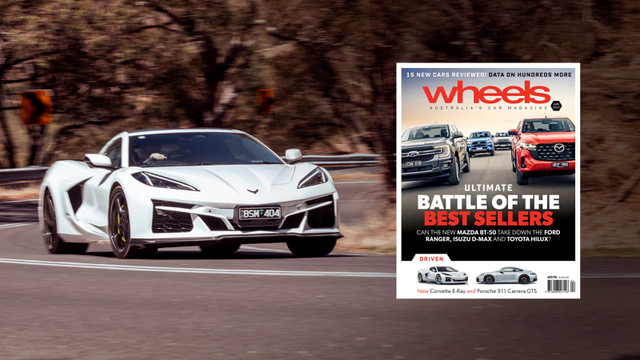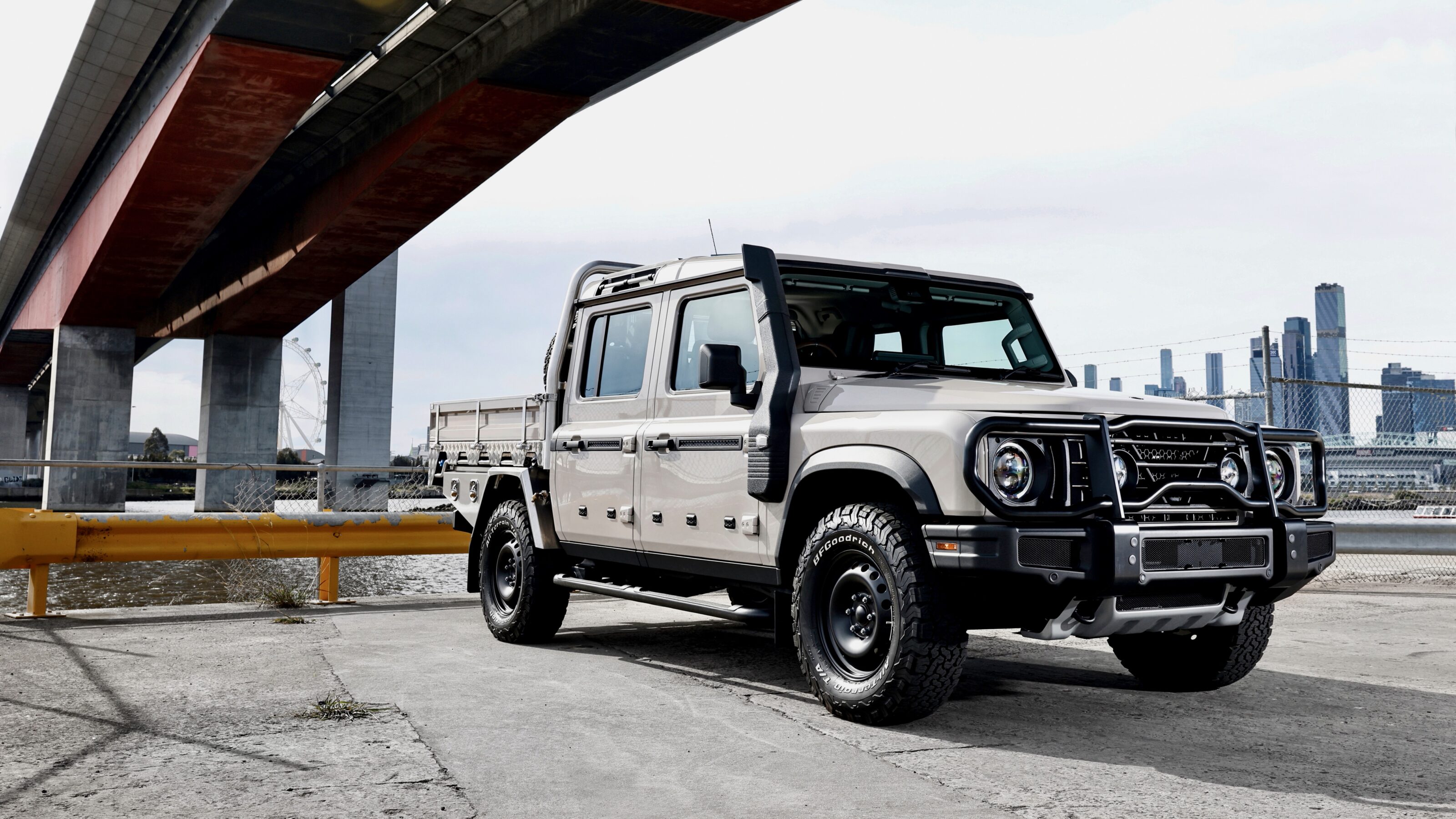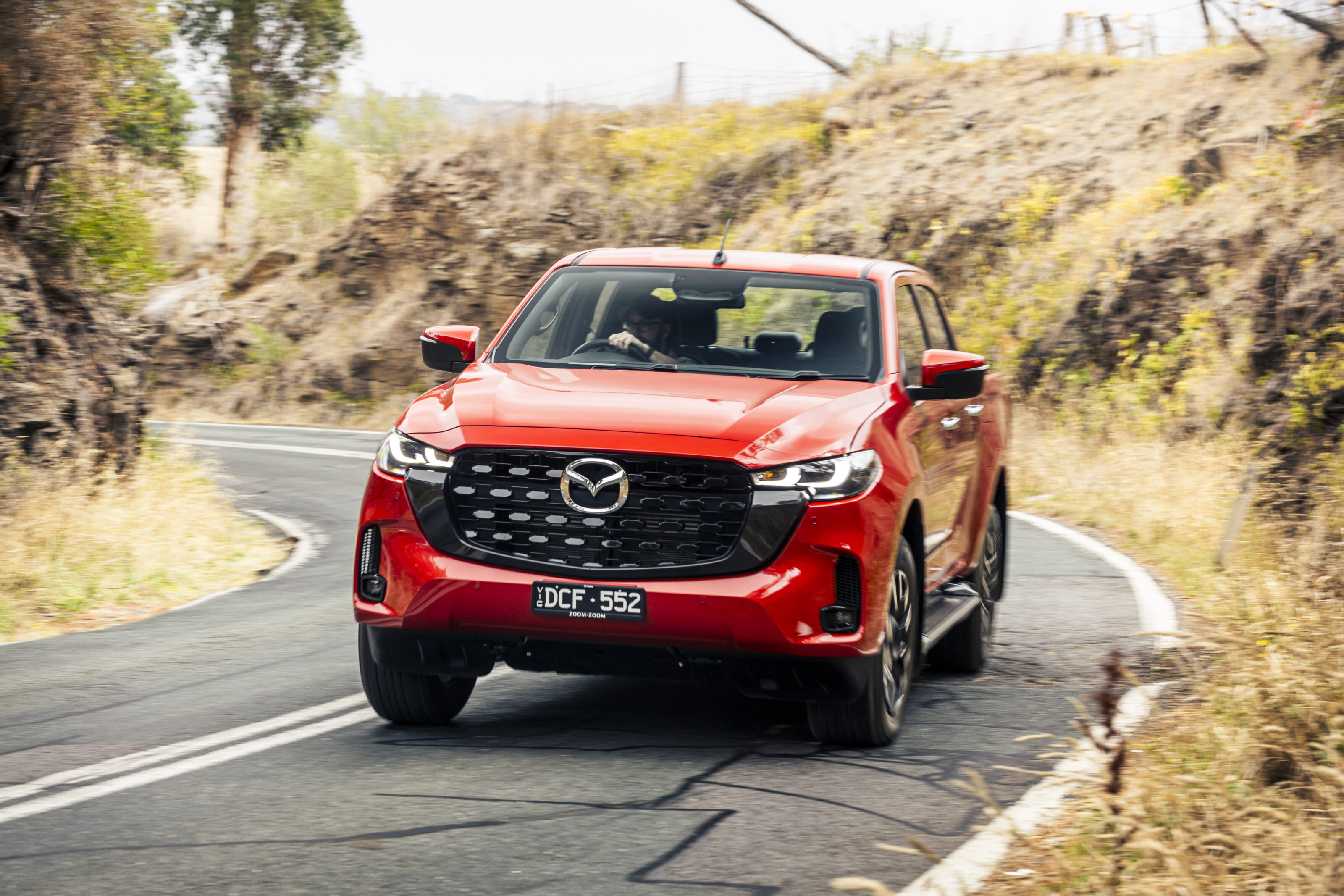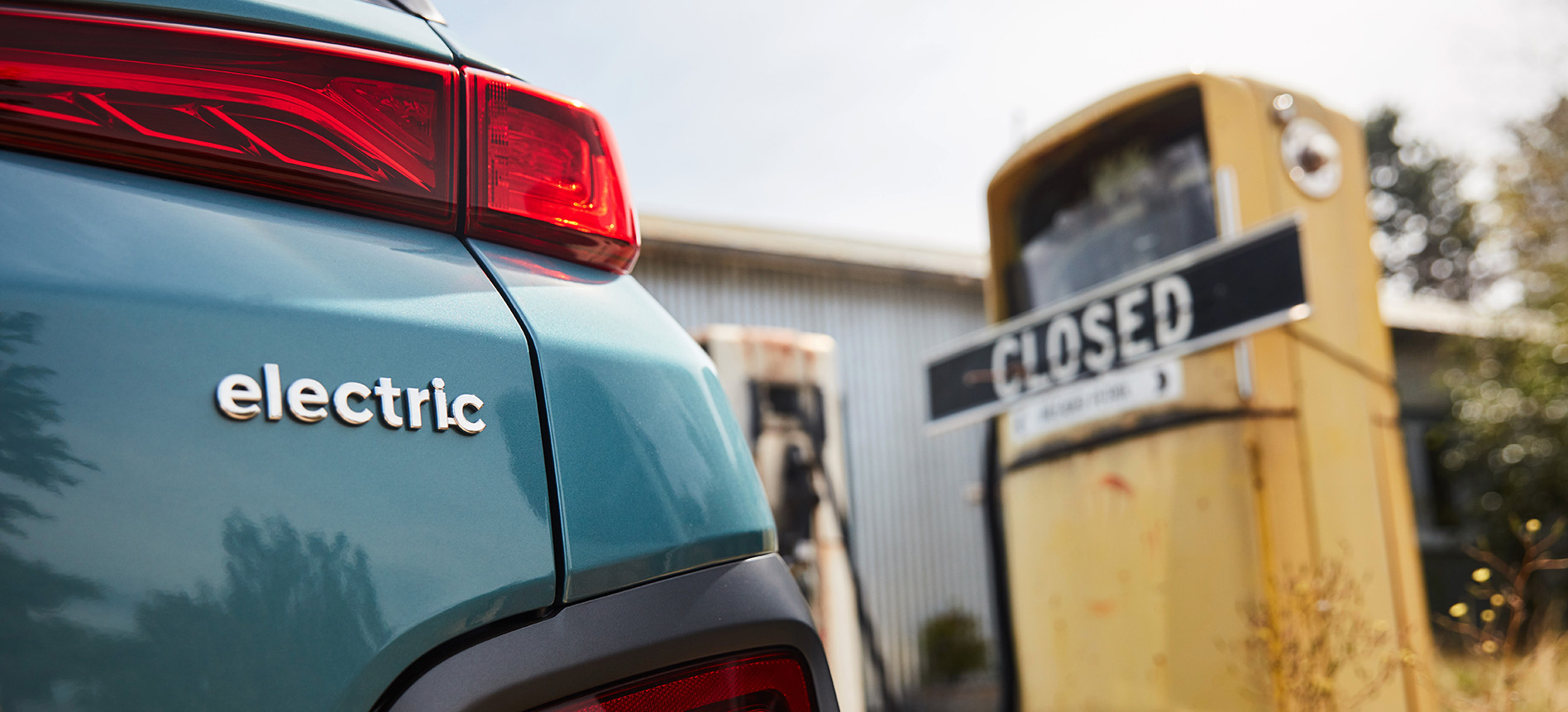
Snapshot
- No more combustion engine sales from 2035 in EU
- ACEA calls for framework for manufacturers
- Niche manufacturers given extra yearu2019s grace
An agreement has been reached by the European Union to officially ban the sale of new combustion-engined cars from 2035.
The deal comes after the plan was first proposed in July 2021, and following the seventh round of European emissions standards that are understood to be the last of their type for combustion vehicles.
From 2035, all manufacturers will be banned from registering new combustion-engined and hybrid vehicles on the EU’s road network. This means all fresh sales will be of battery or fuel-cell electric cars in Europe.
The decision was reached late last week, with three key stakeholders – the EU’s executive arm, parliament and member states – coming to a consensus on the ban.
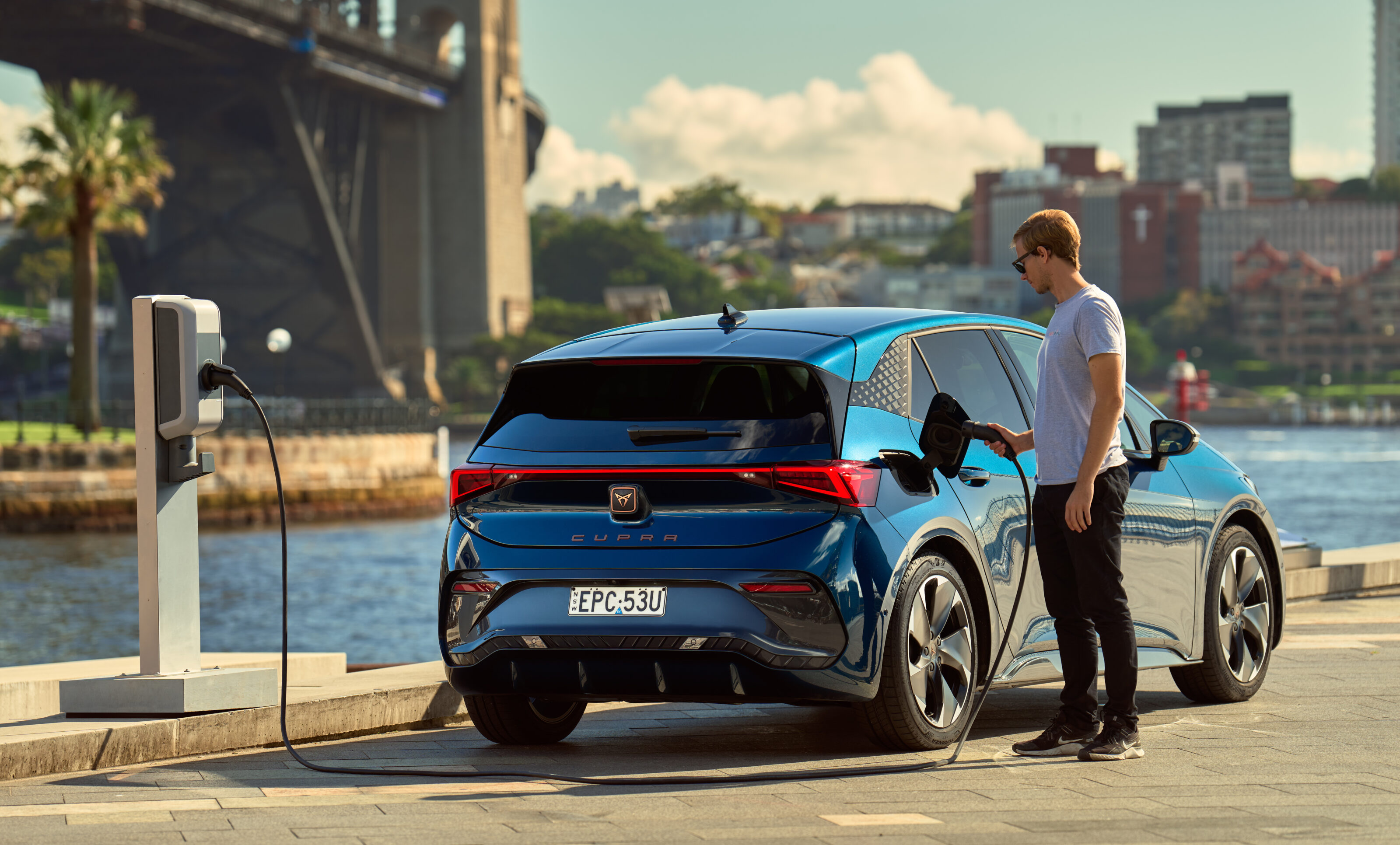
The resulting drop in emissions in Europe by 2030 is now expected to be 55 per cent vs 2021 levels, against the previously-predicted 37.5 per cent reduction as part of the Union’s ‘Fit for 55’ plan.
A gentleman’s agreement has been reached for niche manufacturers – such as Lamborghini, Ferrari, and Bugatti – to allow combustion sales of their vehicles for one year further than volume manufacturers.
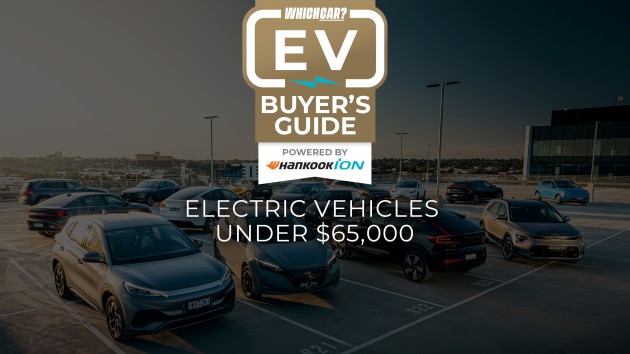
EV Buyer’s Guide: Electric Vehicles Under $65K Ranked – The Best and The Rest
Welcome to part one of three price-based EV buying guides, this one focused on the most affordable electric cars available in Australia today
How carmakers responded
While the ban is now written in law, the European Automobile Manufacturers’ Association (ACEA) is calling for a framework to ease the transition for European carmakers and new car buyers.
“Make no mistake, the European automobile industry is up to the challenge of providing these zero-emission cars and vans”, said Oliver Zipse, BMW’s CEO and ACEA chairman.
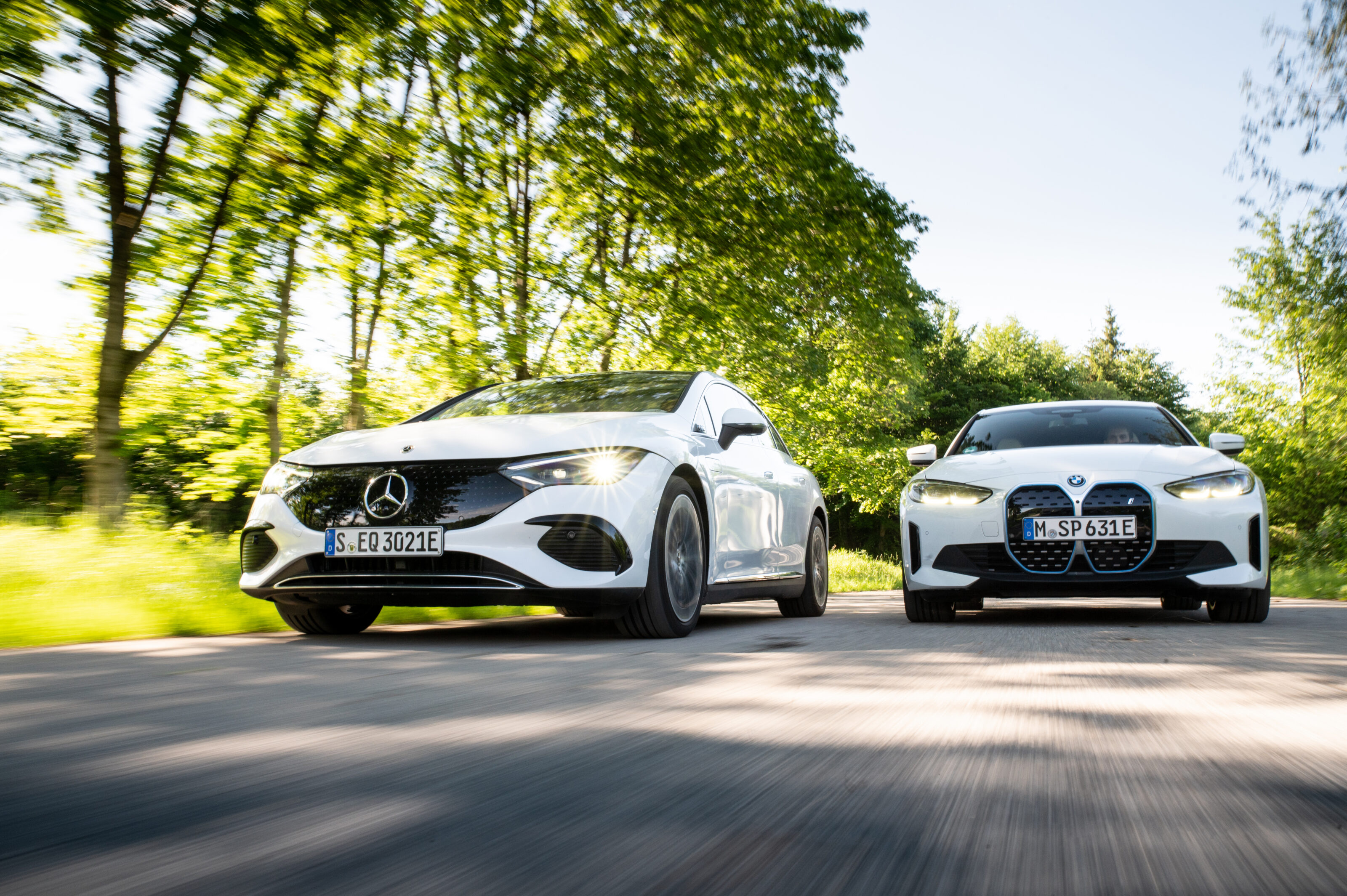
“However, we are now keen to see the framework conditions, which are essential to meet this target reflected in EU policies. These include an abundance of renewable energy, a seamless private and public charging infrastructure network, and access to raw materials.”
When proposed 12 months ago, the ban was considered extreme, so it’s a mark of how quickly the EV industry is moving that manufacturers are now, mostly, receptive to the change.
“European carmakers are already proving they are ready to step up to the plate, with increasingly affordable electric cars coming to the market” said the leader of the EU’s Green Deal, Frans Timmermans.
“The speed at which this change has happened over the past few years is remarkable.”
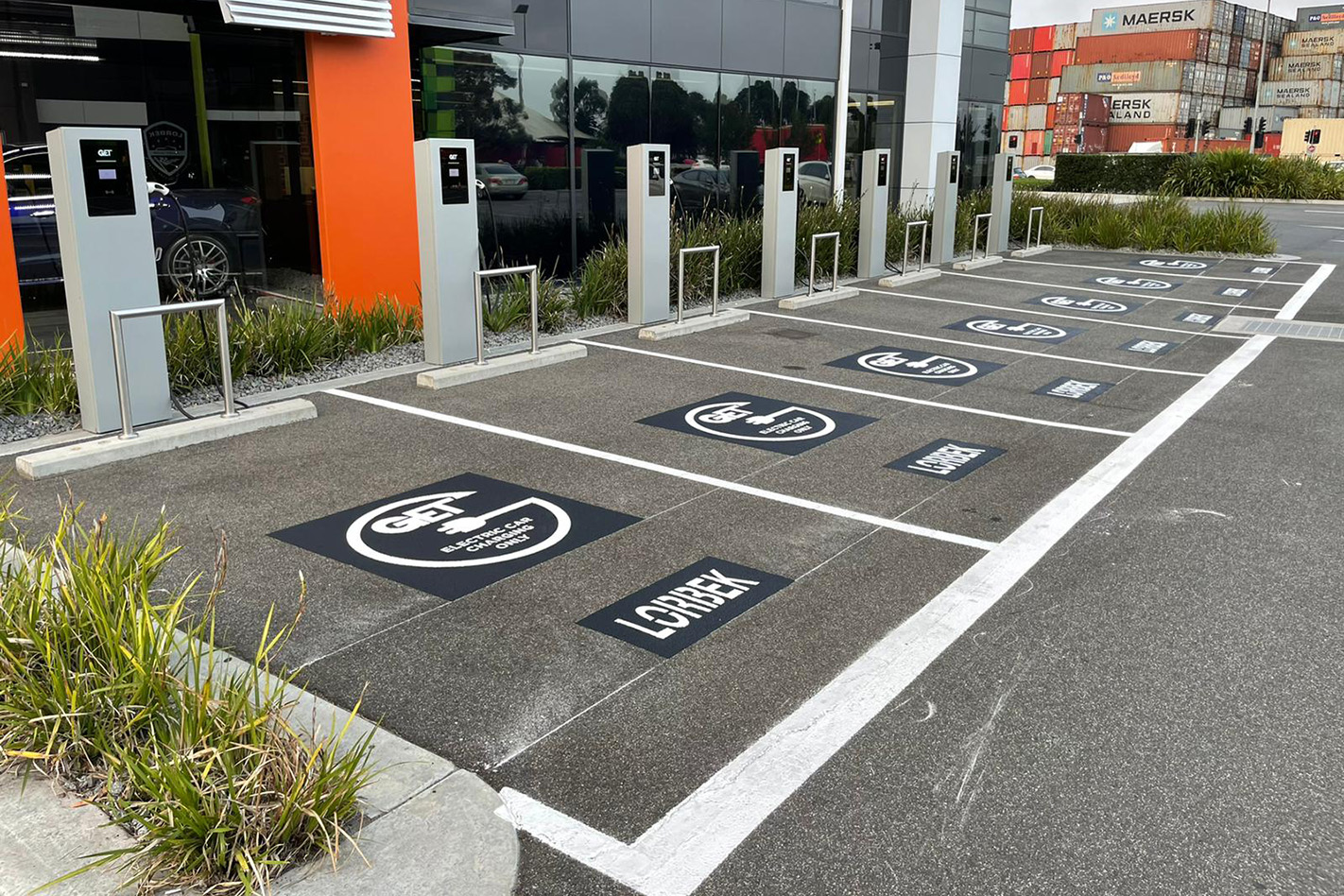
How will the EU’s regulations affect Australia?
Europe is home to a host of the world’s largest automotive manufacturers, including Volkswagen, Ford, Mercedes-Benz and BMW.
These companies will, understandably, have a focus on maximising sales in their home markets. Volkswagen, for example, has already committed to producing EVs in Europe exclusively from 2033, ahead of the ban.
But these manufacturers all have production facilities outside the EU, including South Africa and China as well as South and North America, that are all currently producing combustion-engined vehicles.
Australia’s ban on new petrol and diesel cars will come into effect in 2050, 15 years adrift of the EU. With European manufacturers focusing mainly on R&D to improve EVs, there is the potential that Australia will be saddled with previous-generation combustion engines.

It’s a concern that has previously been voiced about Australia, with impassioned phrases like “third-world dumping ground” from Minister Chris Bowen at August’s National EV Summit.
Following the Albanese Labor Government’s Federal Budget announcement last week, Australia’s targets to cut emissions by 43 per cent by 2030 and reach net zero by 2050 do, however, effectively match the EU’s final goal.
A detailed road-map of Australia’s electric future is still in progress as part of a consultation announced at the National EV Summit.
With more EVs on the market, and a growing portion of the Australian car-buying public willing to make the switch to zero-emissions vehicles though, it’s likely a significant number of battery-powered vehicles will be on our roads by 2035.
We recommend
-
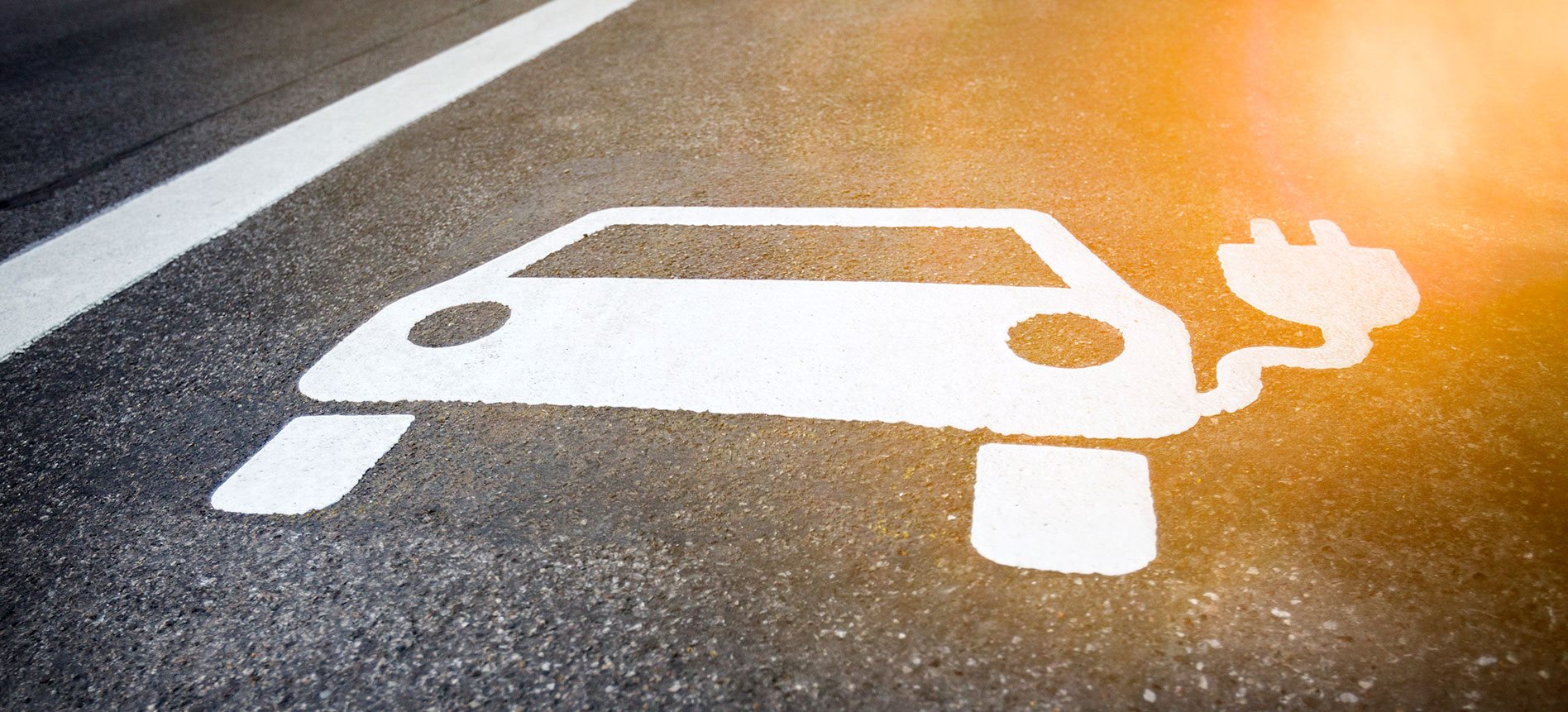 News
NewsWhat does Labor's budget mean for motorists?
The Albanese Government has released the 2022-23 budget with investments to decarbonise the fleet, infrastructure improvements, and local manufacturing
-
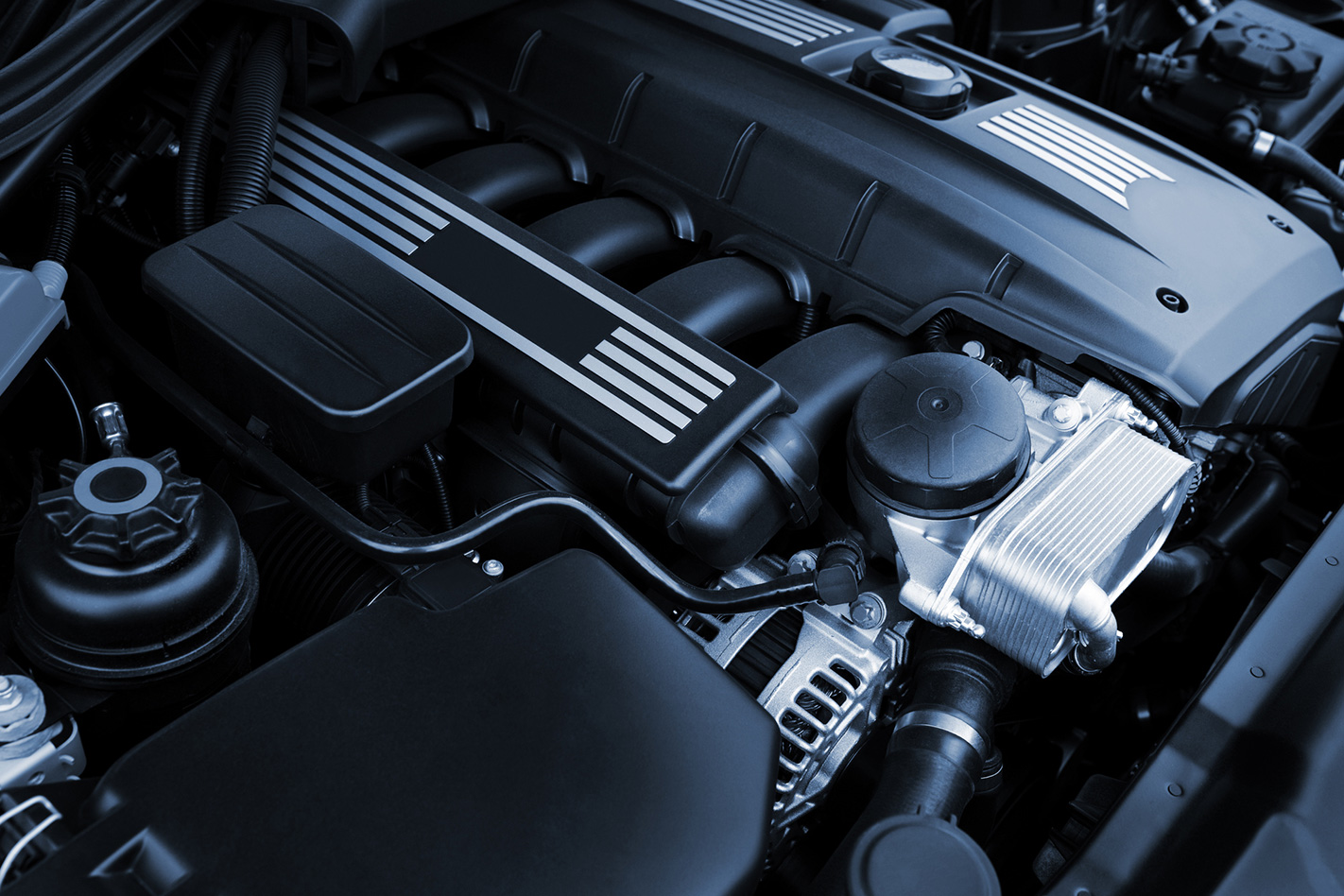 News
NewsEuropean Union ICE ban upheld, set to come into effect by 2035
Members of the European Parliament voted against easing emissions reduction targets
-
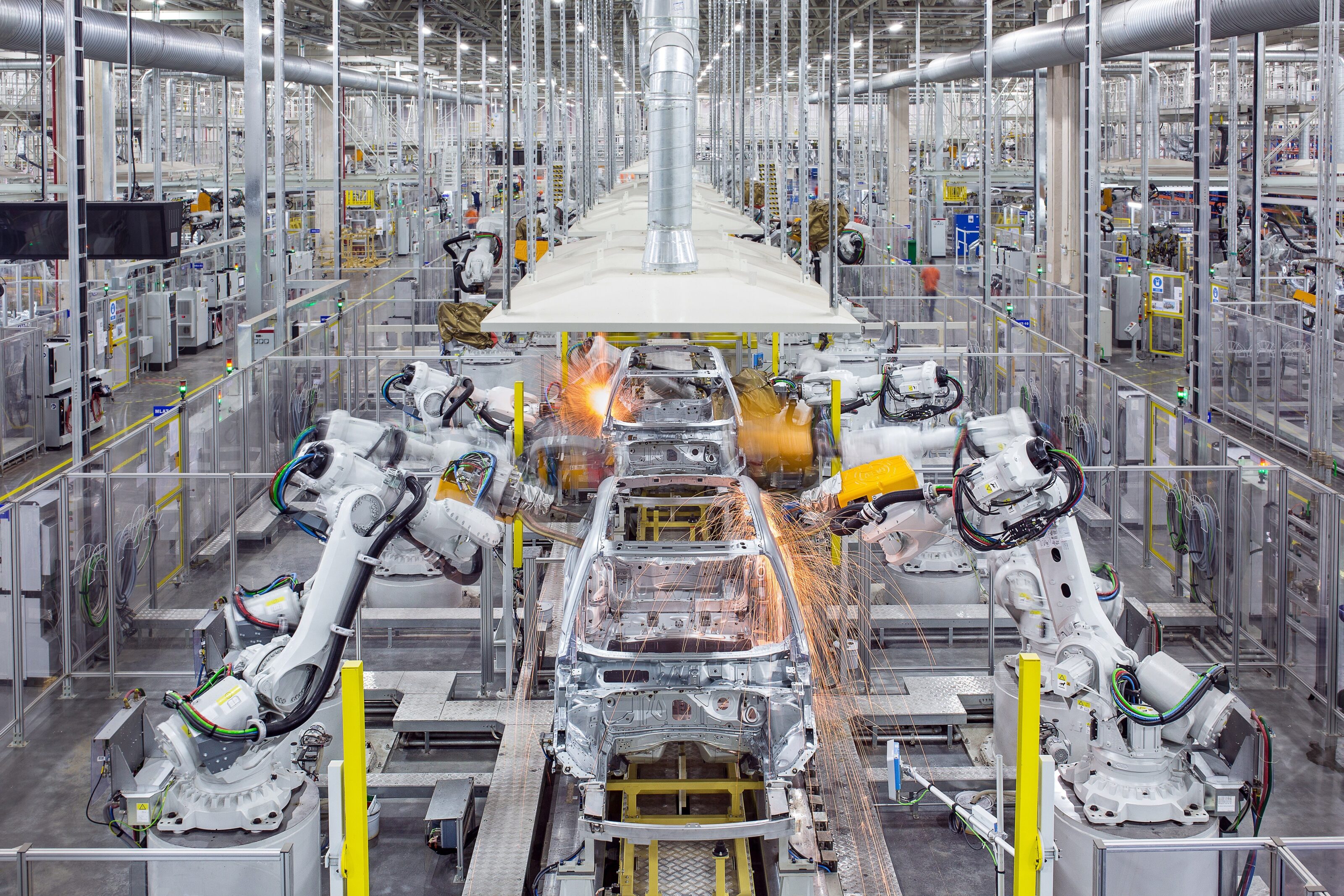 News
NewsOPINION: EV manufacturing in Australia – could it actually happen?
Real possibility or just a pipe dream?


